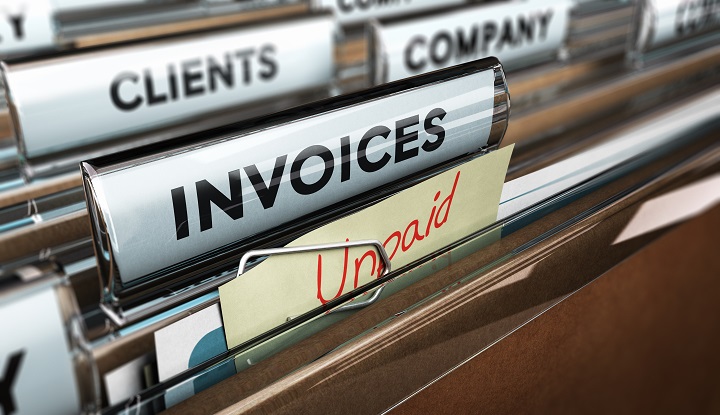With six Sydney local governments recently receiving approval to increase the rates charged to their residents, referrals from councils to debt collection agencies haves increased – by as much as 30 per cent in some areas, writes Brian Carter.

In May Burwood, Hunters Hill, Ku-ring-gai, Randwick, Sutherland and North Sydney councils each received approval from the NSW Independent Pricing and Regulatory Tribunal (IPART) to apply increases to their rate payers. This means that from July 1 council rates will increase by between $40 (the lowest in Ku-ring-gai) to $170 (Hunters Hill). North Sydney Council had sought a rise of 40.3 per cent over five years, but was only allowed around half that, 22.5 per over three years.
There are mixed messages for local government. When issuing the approvals, IPART also urged councils to look to other sources than rates to fund their projects and reduce costs. At the same time, the NSW government has urged Councils to be flexible with parking fines and other costs to households.
Rate rises are important to ensure that councils can provide their communities with services like roads, parks and pathways. Councils seek rises mindful that Australia has one of the highest debt to income ratios in the world. One in six Australians are apparently struggling to pay their bills.
Indeed, in our experience, Councils have appreciated that many of their ratepayers face financial difficulties from time to time. That is why they make hardship provisions available to ratepayers, including ensuring time payment arrangements.
Debt recovery a last resort
Engaging debt recovery professionals is always a last resort. It is only those rate payers who fail to contact their Council and discuss ways to resolve their payment issues, who eventually face debt recovery action and its extra costs. But even if the matter gets to this stage, there are always options that can be discussed.
After all, recovery of the outstanding account is in the best interest of both the council and the debt recovery firm. This is best achieved by the recovery professional, the debtor and the Council working together to ensure a mutually acceptable outcome.
Besides being unacceptable and simply cruel, unethical conduct rarely results in successful recovery. Rather, bad behaviour by an agent causes deep anxiety and stress and ensures that a debtor disengages completely and does not pay.
The Institute is dedicated to ensuring retrieval professionals use ethical, honourable and respectful practices when going about their work recovering debts. Our Code of Conduct sets out the behaviours expected from collection recovery professionals. These include to be fair, and to act with integrity and respect.
The AICR also encourages members to be frank with our local government clients. We remind our clients of privacy provisions that are enshrined in law, and that we must all be fair and reasonable and offer appropriate opportunities for people to pay debts. Our experience is that Councils share these values.
Brian Carter is Chairman of the Australian Institute of Commercial Recovery.
Comment below to have your say on this story.
If you have a news story or tip-off, get in touch at editorial@governmentnews.com.au.
Sign up to the Government News newsletter.





Leave a Reply